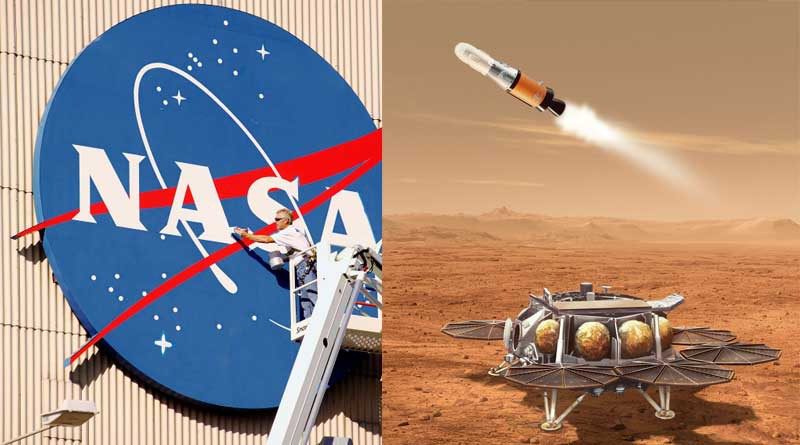NASA will send two more helicopters to Mars to assist in the return of rocks.
NASA is launching two more mini helicopters to Mars to bring Martian rocks and soil samples back to Earth for study as part of its Mars exploration project. According to NASA’s mission plan, the Perseverance rover will serve a dual purpose by delivering the cache to the rocket that will take them off the red planet in ten years.
What Is Perseverance?
Perseverance, nicknamed Percy, is a passenger vehicle-sized rover designed to collect soil, rocks, and other samples from Mars so that space experts can learn more about the planet and its ancient life. Perseverance has already collected 11 samples, with more rock drilling planned. According to Arizona State University’s Meenakshi Wadhwa, the retrieval effort’s chief scientist, the most recent sample, a sedimentary rock, holds the greatest promise of containing possible evidence of ancient Martian life.
She said, “There’s a diversity of materials already in the bag, so to speak, and excited about the potential for bringing these back.” That is why it is critical to developing a backup plan for returning the samples to India. If Perseverance fails, the samples will be loaded onto the rocket by two helicopters that will be built and launched later this decade.
The helicopters will be based on NASA’s successful Ingenuity, also known as Marscopter, which has flown 29 times since arriving on Mars with Perseverance early last year. The chopper is only 4 pounds (1.8 kilograms). Wheels and grappling arms would be added to the new versions. According to NASA officials, Perseverance’s outstanding performance on Mars prompted them to abandon their plan to launch a separate fetch rover.
NASA’s Collaboration
The retrieval mission is being carried out in collaboration with NASA and the European Space Agency. If everything goes as planned, up to 30 samples could be launched from Mars in 2031 and arrive on Earth in 2033. Lab analysis is required to determine whether any sample contains evidence of microbial life that existed on Mars billions of years ago when water flowed on the planet.

According to David Parker, ESA’s director of human and robotic exploration, the grounded ExoMars rover cannot be refashioned to assist in the retrieval of these samples. It was returned to storage after Russia and Europe severed ties with the project due to the Ukraine conflict. The rocket ride was supposed to be provided by Russia.
Liked this post? Don’t forget to check out our other short stories in our Quick Read section.

